Semarang, Central Java, MINA — Gunawan Witjaksana, a communication studies expert, opined that the media is not independent in the current political year, Antara News reported.
Regulation of the General Election Commission (PKPU) No. 33 of 2018 on General Election Campaign that restricted political advertisements on media, for only 21 days, from March 24, 2018, to April 13, 2019, or three days prior to the simultaneous presidential and legislative elections on April 17, 2019, was one of the factors that restricted the media from being in
dependent, Witjaksana explained.
Also Read: 369 Youth Trained by Religious Affairs Ministry as Peer Educators to Prevent Child Marriage
The restriction on political ads triggered the media to create programs in order to attract ads and to gain significant ads share even if they have to ignore existing regulations.
However, Law No. 32 of 2002 on Broadcasting, in its chapter 36, article (4), says that the broadcasting contents must be neutral and not siding with certain group/groups.
Regulation of the Indonesian Broadcasting Commission (KPI) No. 02/P/KPI/03/2012 on Broadcasting Ethics states that every broadcasting institution is obliged to maintain independence and neutrality in its programs` contents.
Witjaksana has urged the KPI to respond to a boycott imposed by the presidential election campaign team of presidential candidate Prabowo Subianto on private television station Metro TV.
Also Read: Indonesia Ready to Contribute to Gaza Peace Mission
The commission should monitor and study contents of Metro TV`s programs concerning the 2019 elections.
“It should draw attention of the KPI, which is the most competent institution to assess the broadcasting contents,” he stated.
Hashim Djojohadikusumo, the communication and media director of Prabowo Subianto`s campaign team on November 22, 2018, issued letters to the team`s members to boycott Metro TV, following an instruction of Djoko Santoso, chairman of the campaign team, to boycott Metro TV, owned by Surya Paloh, who is founder of the National Democratic (Nasdem) Party, a staunch supporter of incumbent Joko Widodo.
The media should be impartial and not siding with certain political parties, he emphasized. However, the fact is several media owners are concurrently political activists and also political party chairmen, he pointed out.
Also Read: BSP 2025: AWG Sends Team for “1,000 Mountain Climbers for Palestine” Expedition
“This is a heavy challenge because their men are in the House of Representatives (DPR), so revision of Law on Broadcasting cannot be completed. Meanwhile, broadcasting activists and academicians as well as the media seem to be weak in overseeing the revision deliberation,” he added.
Indonesia will hold simultaneous presidential and legislative elections on April 17, 2018.
The presidential race will be a repeat of the 2014 elections where Jokowi and retired general Prabowo Subianto are set to go head-to-head.
In the next presidential election, Jokowi`s running mate is Ma`ruf Amin, a prominent ulema (Islamic scholar), while Prabowo Subianto pairs with Sandiaga Uno, a successful young businessman. (T/RS5/RS1)
Also Read: Indonesia’s Economy Grows 5.04% in Q3 2025: Statistics Indonesia
Mi’raj Islamic News Agency (MINA)





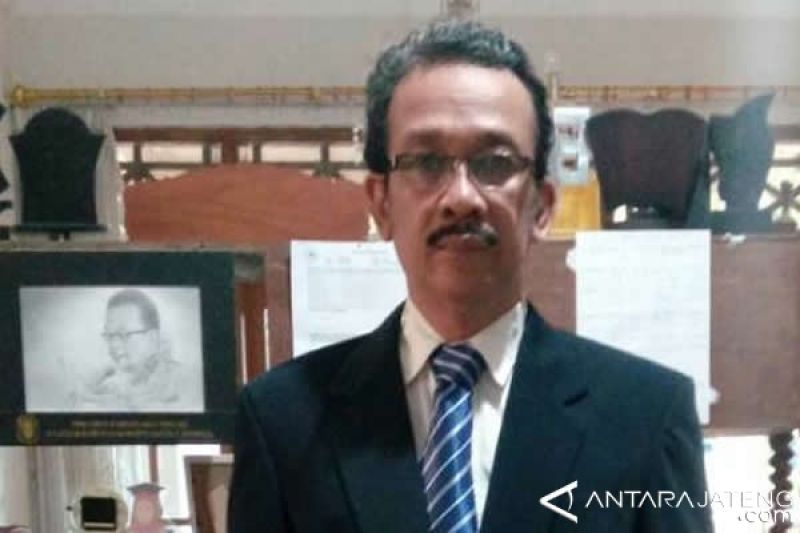




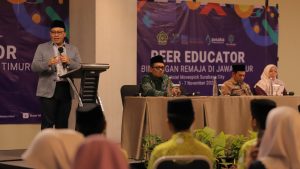
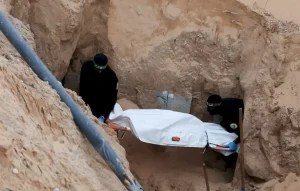
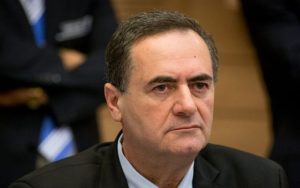
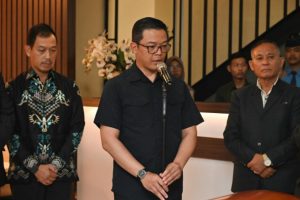
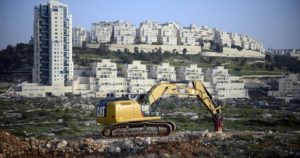
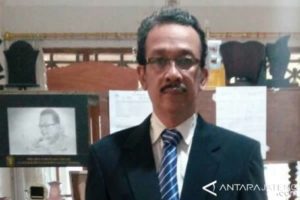
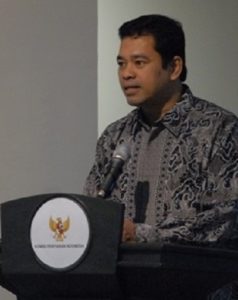



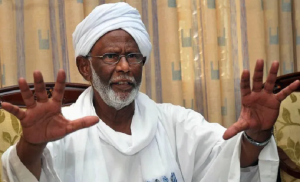

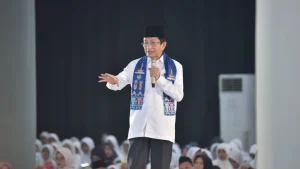
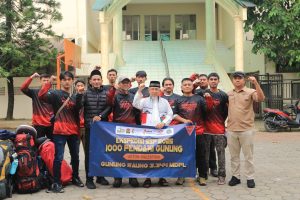
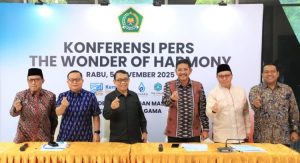

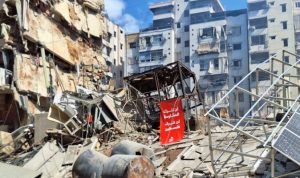


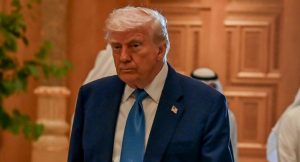



 Mina Indonesia
Mina Indonesia Mina Arabic
Mina Arabic